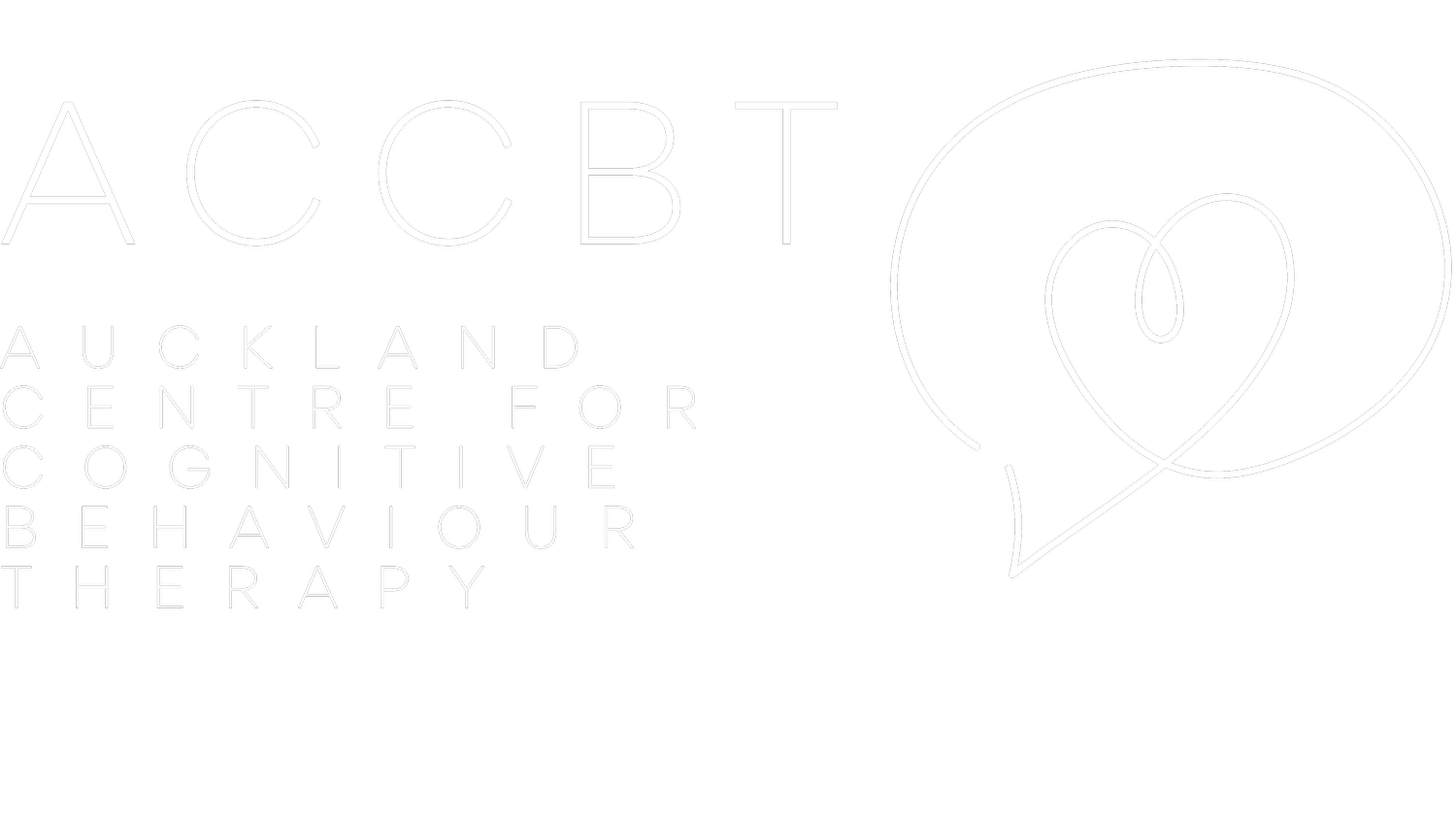Commonly Asked Questions
-
A psychiatrist is an individual who has completed a medical degree specializing in the field of mental health. A psychiatrist is able to assess you in order to determine what psychological condition you are suffering from. They can also prescribe medication. While some psychiatrists also have psychological training and are able to provide counseling; it is more common for a psychiatrist to prescribe and then monitor medications suggested.
A psychologist is not able to prescribe medication. Psychologists are trained to provide talking therapy to assist you in dealing with emotional/psychological difficulties. How a psychologist does this will depend largely on what type of psychology/therapy they offer. In my case, Cognitive Behaviour Therapy is my treatment of choice.
-
Many people have the idea that one has to be extremely ‘messed up’ in order to need therapy. This is not the case at all. People come to therapy to deal with a wide range of issues aimed at improving their lives and many people engaged in therapy are just normal folk. I work mostly with adults and adolescents from 15 years of age.
-
Many new clients are keen to find out whether CBT will be helpful for them. To ascertain whether or not the treatment will benefit you requires some in depth questioning as well as an explanation. This is done at the initial appointment. The first appointment is your opportunity to find out if the CBT approach appeals to you, and my opportunity to get information from you that helps me better determine both if I’m the right therapist for you and if I believe CBT can be of benefit.
It is always my goal to ensure you get the best treatment possible. Consequently, if after assessment, I feel the area you need help with is not my strong point, then I will assist you as best I can in finding someone more suitable. If over the course of treatment it emerges you will be better aided by someone else, I will raise this issue and we can discuss it. Please don’t be offended if you are referred elsewhere. It is very important that I provide a good service and if I don’t feel confident of my ability to achieve good results in your case, I will inform you of this.
Likewise, as therapy is a very personal process, it is very important you feel good with the therapist you have. If you feel I am not the right therapist for you please raise this. I will not be offended and will do my best in assisting you to find someone else.
CBT (and thus the way I work) is a collaborative approach. This means that clients and I work together to achieve results. As such, the treatment is proactive and requires certain tasks be carried out between sessions to maximise therapeutic benefit.
-
This is an important question that often comes up for discussion during the course of therapy. Clients want to know how long will it take for a particular issue or ongoing problem to be resolved. This question cannot be answered with any degree of certainty.
Problem resolution is influenced by factors such as your perception of the issues, your motivation to work through problems, commitment to homework tasks and the kind of relationship you have with the therapist. The length of therapy and the frequency of appointments are determined by you and your therapist.
The process of therapy can range from one or two sessions to several months or longer depending on the nature of the issues needing resolving. You often know during the course of therapy when your issues are resolved or not. I provide you with the necessary support to help facilitate progress as quickly as possible.
In general, CBT has been referred to as a short-term therapy (i.e. lasting 12-15 sessions). Depending on the problem and its complexity, some treatments can be completed in as little as three sessions. However, there is growing support that the push by both therapists and clients to keep the treatment incredibly brief has meant many don’t achieve the full benefits of treatment and are thus more susceptible to relapse. As a proactive therapy, CBT is always goal directed and if you are feeling the benefits it is probably better to put aside the idea that therapy should only take (x) amount if sessions and see it through to completion.
-
Individual appointments are usually scheduled on a weekly basis for treatment consistency, continuity, and effectiveness. As strategies are learned and become easier to employ, sessions are often spaced out more to allow opportunities to arise in which to use new skills.
-
The session fee is $190 per session. Should you not be able to keep your scheduled appointment, please be sure to contact me at least 24 hours in advance, otherwise, you may be charged for the session.

